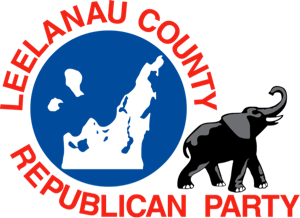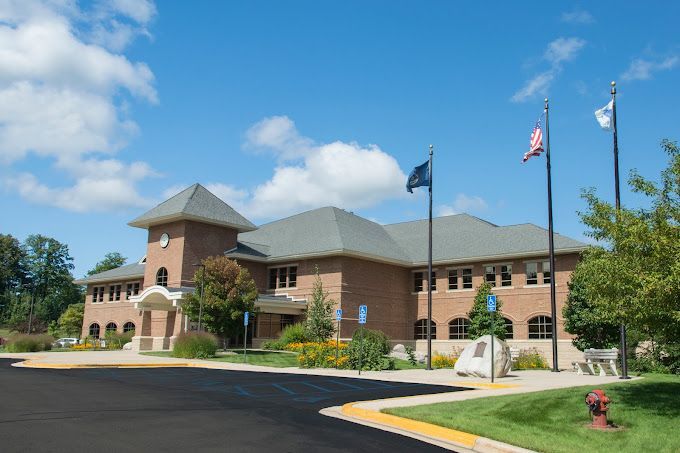
Improving County Government Openness
New Paragraph
“Power corrupts, and there is nothing more corrupting than power exercised in secret.”

National Public Radio journalist Daniel Schorr Some residents, including some commissioners, have questioned the motive behind a complaint filed by a Leelanau County citizen alleging that a task force established by the County Board was continually violating the Open Meetings Act. In fact, even a reporter assigned to cover the story offered a strange commentary for someone with the task of watchdogging local government. In an email exchange, he asked, “And indeed, it would be much easier to take this story seriously if you could point us to some actual harm committed by the task force besides failing to post meeting notices and minutes.”
Recognizing that some minds will remain immune to the importance, the urgency, of requiring government to follow its own laws — especially laws that give citizens direct insight into all government activities associated with the people’s business — we would like to provide an unedited version of events associated with the recently formed Energy Futures Task Force.
The EFTF was created in August 2023 with the mission of meeting “for 12 months, at which time a report will be presented to the board.” The Task Force quickly moved beyond its mission, writing and recommending an extensive and far-reaching grant to the state of Michigan that was approved in February 2024 by the County Board.
The EFTF’s first several meetings were not posted through public notices by the county clerk, who did not receive the information from the task force. Likewise, no notices were placed on the county website, minutes were never made available to the public, no minutes have been found for at least two meetings, and minutes that were available did not match minimum standards as required by the Open Meetings Act.
This lack of adherence to a law designed to prevent secretive meetings was especially upsetting to members of the public who had requested to be nominated to the board but were denied. Eight OMA violations were described in a letter to Leelanau County Prosecutor Joseph Hubbell.
The criminal investigation is underway by the State police. The letter to Mr. Hubbell, however, did not seek retribution. It stated, “As the chief law enforcement officer of Leelanau County, please investigate this matter to determine a proper and just outcome. These are well intentioned people on the task force, but I take the public’s right to participate in government seriously.”
Recently, an attorney representing Leelanau County issued his opinion that the task force was not a “public body” and therefore did not have to abide by the Open Meetings Act. His opinion in press coverage was naively elevated in stature to that of someone having a role in the investigation. The attorney is hired and paid with public monies to, essentially, protect Leelanau County from suffering legal consequences due to its actions. He is not a judge, prosecutor or even a neutral voice. There is precedence for a governmental body that makes recommendations to be considered a public body under the OMA, which governs the actions of committees, subcommittees and other groups formed to “perform a governmental or proprietary function.” A 2022 Appeals Court decision may have narrowed the scope of affected bodies, but that remains up for
legal debate.
The county attorney’s definition is questionable for advocates of open government. Under his opinion, public bodies such as the Park Commission and Solid Waste Council could be freed from requirements to meet openly and with the public watching. It’s disheartening to see people both within and outside of government accept and even cheer the separation of public bodies from their responsibility to provide accepted avenues for public participation.
There are two other issues with the actions of the task force. The first is that two commissioners, Kama Ross and Gwenne Allgaier, attended those unposted meetings to discuss county energy policy. Commissioners are restricted from deliberating on county business unless at an open meeting.
The other is that members of the task force including commissioners were unaware of or disregarded the tenets for ethical behavior in advocating for the solar panel grant. Joe DeFors is chair of the Energy Futures Task Force, yet the grant application that he helped write and lobbied for passage at public meetings would pay him $45 per hour on the “project leadership team.” The Leelanau County conflict of interest policy states: “A clear example of a conflict of interest occurs when a public servant openly advocates the approval and funding for a program, which would result in a benefit to the public servant.” Hence, the Leelanau County Board has approved a grant request that is in clear violation of its own ethics policy.
Unposted meetings, Missing minutes. Ethics violation. Whether residents of Leelanau County agree or disagree with the work of the Energy Futures Task Force, its brief but cavalier history shows a disregard for public trust.
Paid for by Gary Hosking



For More Information...
Thank you for contacting the LCRP! Look for a response from us soon!
Please try again later.
All Rights Reserved • Leelanau County Republican Party • Powered by Spirelight Web
